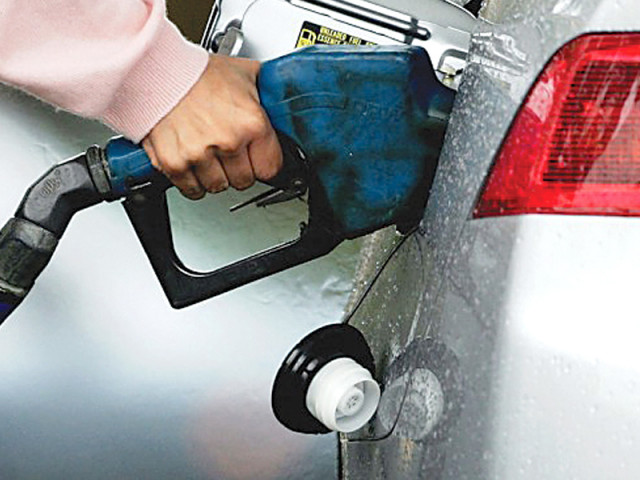Fuel use in new cars could halve by 2030: IEA
Conventional vehicles will still continue to dominate the market until 2030, the body added.

The transport sector, which consumes around one fifth of global primary energy, will account for nearly all the future growth in oil use, said the Paris-based agency, which advises industrial nations on energy policy.
The necessary technologies are already cost-effective, the IEA said, in that fuel savings outweigh the additional costs over vehicle life, but those are not deployed widely enough.
"Strong policies are needed to ensure that the full potential of these technologies is achieved over the next 10 to 20 years," the IEA said in one of two reports on the fuel economy of road vehicles.
"Current technologies for conventional gasoline and diesel vehicles can reduce fuel consumption by half over the next 20 years," the IEA said.
Policies included fuel economy standards, fiscal measures and education programs, which would play a key role in boosting fuel economy improvements, the agency said.
Much stronger measures have been adopted in major OECD markets such as the United States, the European Union and China, the body said, but most major emerging economies still lagged.
A shift towards bigger, more powerful vehicles also had a negative impact in some countries.
"A reduction on transport energy consumption can, therefore, provide significant benefits for energy security, economic development and climate change as well as reducing individual user fuel costs," the IEA said.
Fuel savings improvements in vehicles will be key in achieving a maximum temperature rise of 2 degrees Celsius by 2050 even with a rapid rise in sales of electric and hybrid vehicles, the IEA said.
Conventional vehicles will continue to dominate the market until 2030, the body added.



















COMMENTS
Comments are moderated and generally will be posted if they are on-topic and not abusive.
For more information, please see our Comments FAQ